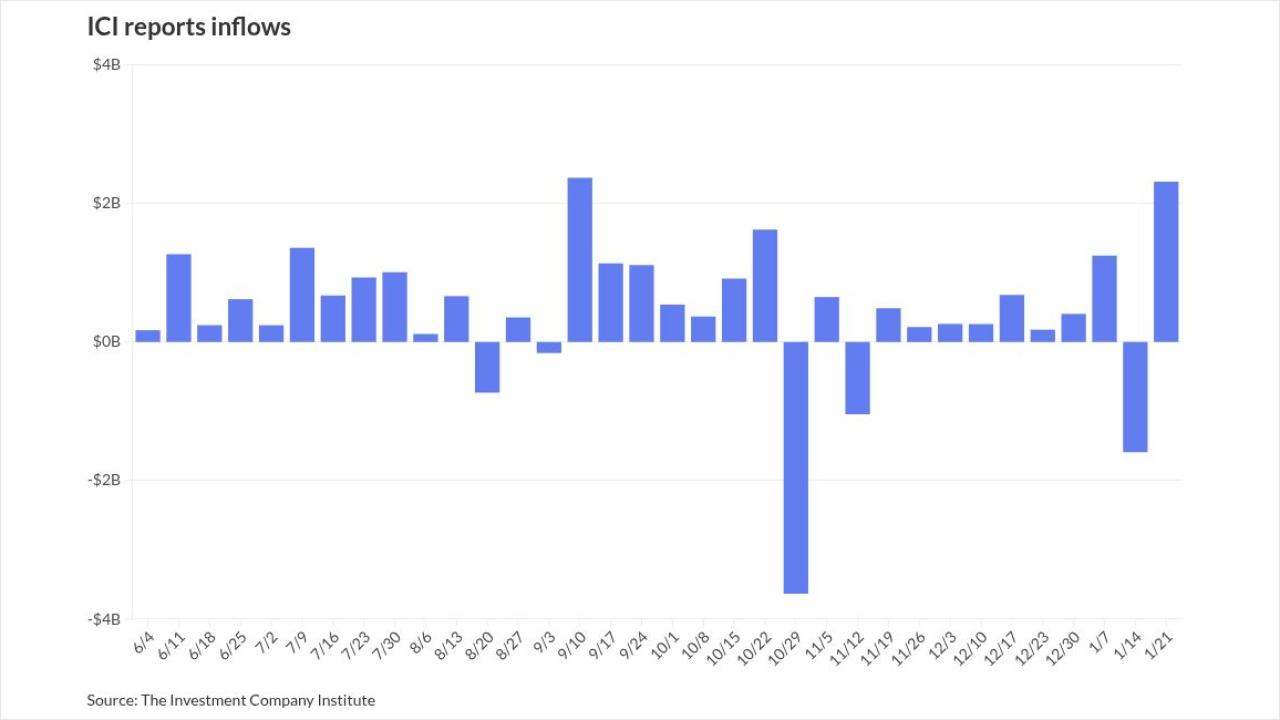DALLAS — Texas lawmakers are expected to complete the special legislative session’s budget work on Thursday when the House will consider school finance bills passed by the Senate late last week.
The measures are identical to compromise proposals developed by a joint House-Senate conference committee. The bills were adopted by the House during the regular session, but opposition by the minority Democrats and then a filibuster on school finances prevented the Senate from acting on them or the next two-year budget during the 140-day session.
The 12 Democrats in the 31-member Senate were able to block consideration of the compromise financing plan during the regular session because a Senate rule requires a two-thirds consensus to bring measures to the floor for a vote. In a special session, consideration needs only a simple majority.
The House is expected to give quick approval to both measures.
SB 1 will generate more than $3.5 billion of non-tax revenue through accelerated tax collections and deferral of a school aid payment due in late fiscal 2013 until early fiscal 2014.
SB 2 allocates $18.8 billion to schools in fiscal 2012 and $16.6 billion in fiscal 2013 as part of the appropriations provided by an overall $172.5 billion state budget.
The House and Senate adopted the budget June 4. The spending plan is $15.2 billion less than the current two-year budget and includes $86 billion of general fund revenue.
The budget also includes debt service for an additional $3.3 billion of state highway bonds backed by the general fund.
However, the budget would not balance without the additional revenue in SB 1, and SB 2 details how state aid will be distributed to the 1,030 local school districts in the state.
The revised spending bill reduces state education aid by $4 billion than would be due to local districts under the current state funding formula, but amends that formula to match the budget allocation with the revenues provided in the bill.
Sen. Steve Ogden, R-Bryan, chairman of the Senate Finance Committee, said SB 2 actually provides more money to education than does the current budget. However, the new funding formula does not account for enrollment increases.
“If you vote for this bill, you are adding $3.8 billion in revenue,” he said. “We are not cutting funding for the schools.”
The school funding plan will reduce aid to local districts by an across-the-board 3% in the first year, with an overall reduction of 6% in fiscal 2013 that targets district’s with high property values.
Sen. Robert Duncan, R-Lubbock, said the second-year reductions will reduce the funding disparity among the districts.
“This is a huge improvement over the current system and goes in the direction of making the system equitable again,” Duncan said.
The school funding bill requires the appointment of a joint legislative committee to look into a more robust school-funding system. The panel is to provide recommendations to the Legislature in 2013.
Gov. Rick Perry called the special session to deal with the school finance legislation, but has opened the call to include congressional redistricting and reform of the Texas Windstorm Insurance Association.
Anticipating that the call could be further widened, Sen. Florence Shapiro, R-Plano, has filed a bill to provide charter schools with the same bond enhancement available to local school districts through the state’s Permanent School Fund.
A similar proposal by Shapiro during the regular session died in committee due to opposition from public school districts.
As in the failed measure, Shapiro’s new bill would limit the charter school backing to 2% of the total $25 billion fund, which is equivalent to the number of Texas children attending the schools.
Charter schools using the enhancement would have to put into an escrow account 10% of the savings realized through the PSF backing to repay the state if the schools default on the debt.





